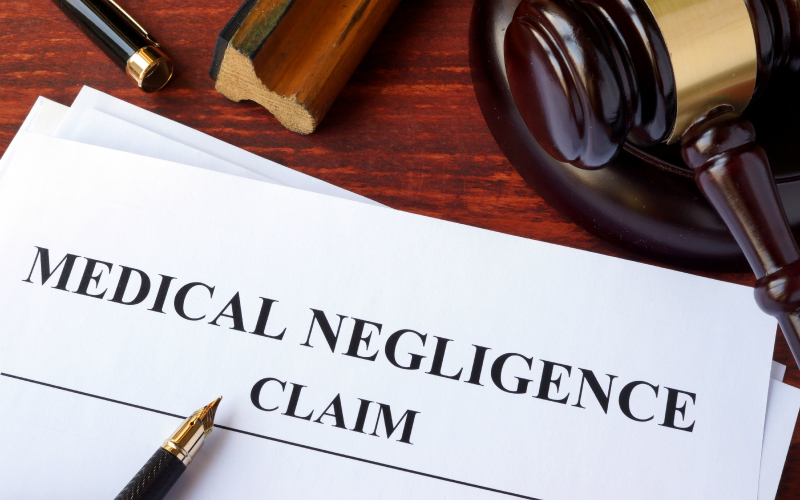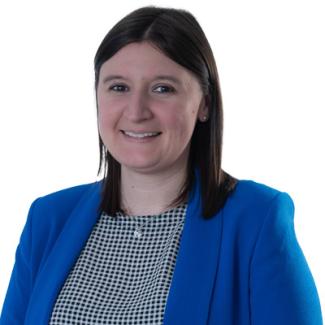
I often see comments on social media suggesting that someone should not sue the NHS, even if someone has been left with long term injuries that require specialist care as a result of potentially negligent treatment by a medical professional. The reasoning behind those comments is that the NHS is already under strain and by claiming compensation this takes away from the money the NHS needs to keep running.
The annual report on the Clinical Negligence and Other Risks Indemnity Scheme (CNORIS) from NHS Scotland, published in October 2019, showed that in 2018/2019, payments totalling £39.61 million were made for a total of 300 claims. Of those payments made, 6 were in excess of £1million and a further 21 payments related to 16 claims where the total value of the claim was in excess of £1million. Given we do not have an American system of punitive damages, it is clear that these were serious injuries suffered as a result of negligence and had long term impact for those who suffered as a result of the negligence. Those payments will no doubt include payments for care required as well as lost earnings.
Should those injured and their families have to suffer financial difficulties for mistakes that were avoidable? In my view, the answer should be no. And those who do decide to make a claim shouldn’t be criticised for it. In many cases, I find that those who come to me to seek advice on making a claim are actually looking for answers when they haven’t been able to get those answers any other way.
I accept that mistakes happen. But in medical negligence cases, those mistakes tend to have serious and long lasting consequences. The test for proving negligence in medical cases is a high test to pass. The injured person has to be able to prove that what the medical professional did (or didn’t do) is something that no other medical professional would have done (or failed to do). It is right that the test is a high one. Medicine is not an exact science and in my experience the medical team are trying to do their best for the patient. For that reason, in many cases, an injured patient will fail to pass that test.
Equally, those who have to seek medical treatment should be able to make an informed choice and should be able to rely on the medical professional advising them of the risks so that they can give proper consent. If you haven’t been advised of risks, opt to have surgery and something goes wrong leaving you with long term problems, should you be entitled to compensation? If you can prove your case meets the legal test, yes, you should in my view.
I and my clients would much rather that things didn’t go wrong. My clients often want an apology. They want to know that this will not happen to someone else. They want to know that lessons will be learnt. Instead, they can feel as though the response to their complaint isn’t open and honest, it doesn’t answer their questions and the only way to get their questions answered is through the legal process of making a compensation claim.
In Scotland, the number of payments made has levelled off at between 250-300 over the last few years. We do not appear to be in a situation where there are an ever increasing number of claims for compensation for medical negligence. Whilst some may say that the money paid in these claims to the few who can prove their case should remain in the NHS, I say that those who can prove their case should receive compensation to put them back in the position they ought to have been in. If they are unable to earn and support their family, they and their families shouldn’t be made to suffer for an event that was avoidable.
Ultimately, no amount of money can remove the impact that medical negligence has but it can mean that those injured get the best care and aren’t left struggling financially because they are no longer able to work.
If you have any questions about making a personal injury claim, please contact our specialist Personal Injury team on 0800 731 8434.
